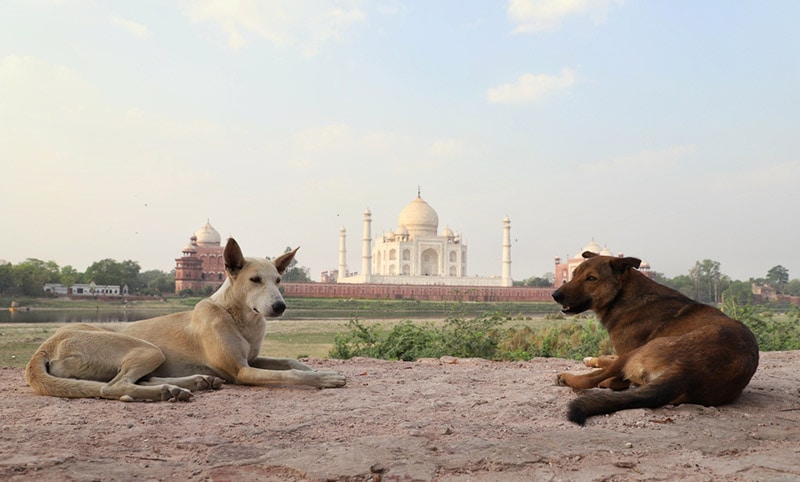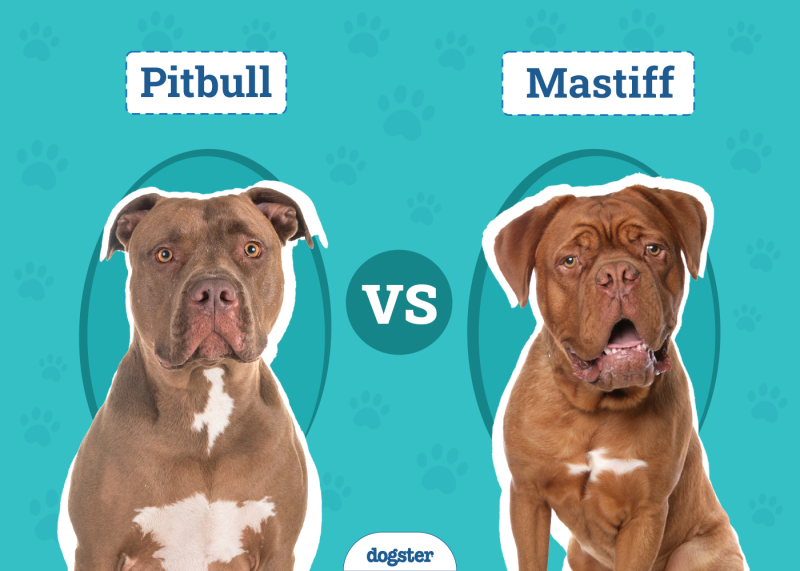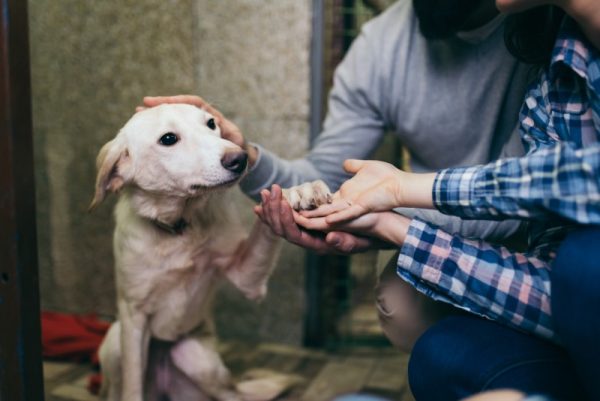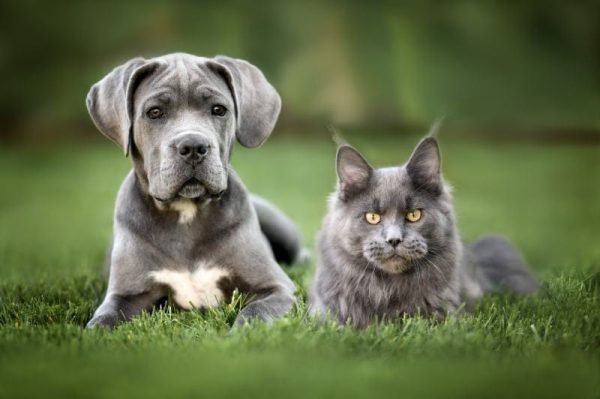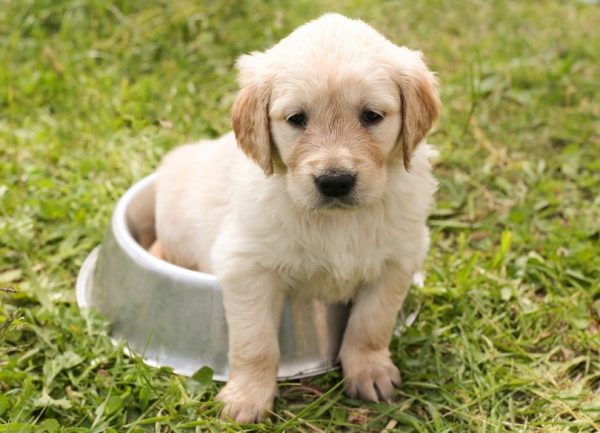In this article
In many cultures around the world, dogs are often associated with beings of a higher power and are regarded as symbols of good luck. In Indian culture, dogs are recognized for their loyalty, service, and the relationships they develop with humans through companionship. Much of India’s reverence for dogs comes from their religion, which is evident in their traditions and literature.
Still curious? Read on as we discuss how dogs are revered in India’s religions, folklore, traditions, and the role they play in India today.

Dogs in Indian Religion
Dogs are given much significance in several of India’s major religions, which has heavily impacted how dogs are celebrated in their culture overall. These religions include Hinduism, Buddhism, and Jainism.
Hinduism
Dogs are held in high regard within Hinduism because of their association with Yama, the Hindu god of death. Yama was said to have two guard dogs named Shyama and Sabala, who are depicted as loyal and faithful companions to the gods themselves. They are believed to have guarded the gates of the underworld and prevented the souls of the dead from escaping.
Dogs are also considered symbols of loyalty and reincarnation in Hinduism. They are known for their unwavering loyalty to their masters. Bhairava—the incarnation of the god, Shiva—is often depicted with a dog named Shvan, who represents loyalty and protection.
Dogs are also believed to potentially be reincarnated into humans in their next life, following the concept of karma—which holds an individual’s actions in their present life as a basis for their fate in their next life.
Dogs are also significantly present in various Hindu stories, literature, festivals, and celebrations. They are often regarded as divine beings themselves, with their loyalty seen as a symbol of how humans should also be devoted to their gods.
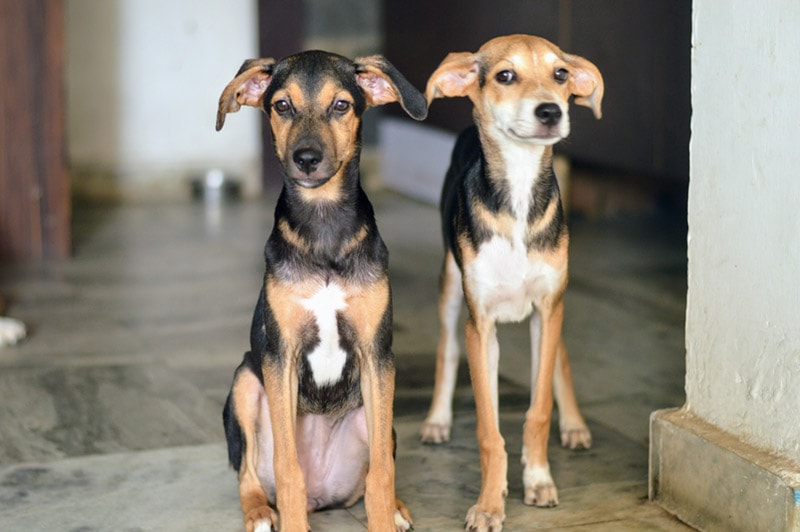
Buddhism
Buddhism, another religion that originated in India and eventually made its way to other parts of Asia, emphasizes the importance of compassion, mindfulness, peacefulness, and nonviolence. In Buddhism, dogs are considered to be one of the four divine messengers—along with the horse, monkey, and bird. They are believed to detect and protect their masters from danger.
Jainism
Jainism is another ancient religion that originated in India. Like Buddhism, the concepts of nonviolence, truth, discipline, and self-control are heavily emphasized. Indian culture draws much influence from Jainism, particularly in vegetarianism and animal rights. Because of their respect for life, including humans and animals, dogs are heavily respected and protected.
The founder of Jainism, Mahavira, is also said to have a canine companion named Shanu, further showcasing the high regard that Jainism has for dogs.
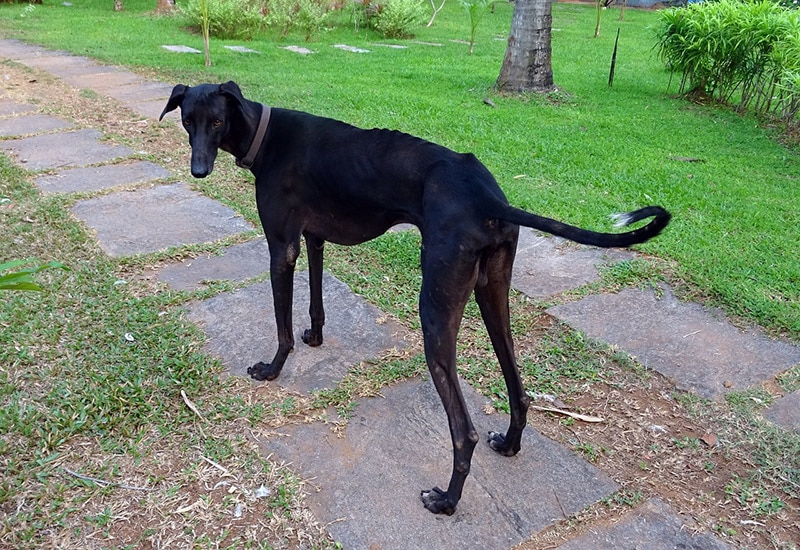

Dogs in Indian Folklore and Literature
Dogs are ever-present in Indian folklore and literature, often playing significant roles in various stories and legends.
Dogs appear in several episodes of the Mahabharata, one of the two great epics of Hinduism. In one story, a dog named Dharmaraja accompanies the Pandavas on their journey to the afterlife and ultimately reveals himself to be a manifestation of the god, Yama. This story is also commonly portrayed and adapted in traditional Indian artwork.
Another significant depiction of dogs in literature is in the Panchatantra, a collection of animal fables dating back to ancient India. A famous story in the Panchatantra that involves dogs is entitled, “The Dog Who Went Abroad”. This tells the story of a dog who leaves his home in search of better living conditions, only to find out that he was better off where he started.
“The Faithful Hound” and “The Dog’s Wedding” are two more stories in Indian literature that feature dogs as protagonists. “The Faithful Hound” tells the story of a dog that risks his life to save his master from a tiger. “The Dog’s Wedding” tells the story of a rich merchant who holds a wedding for his beloved dog.
Notable authors of Indian literature that feature dogs as central characters include Rabindranath Tagore and Ruskin Bond. Tagore’s poem, “The Parrot’s Tale”, tells the story of a dog and a parrot who become unlikely tales. Bond, on the other hand, has written several stories—notable ones include “The Dog Who Knew Too Much” and “The Adventures of Rusty and His Dog”.
Overall, dogs are a beloved and prominent presence in Indian folklore and literature, reflecting the deep affection and respect that these animals hold within Indian culture.
Festivals and Celebrations in Indian Culture
In line with Hindu tradition and beliefs, the celebration of Diwali in India pays reverence to dogs. Diwali, also known as Deepavali, is a popular and widely celebrated festival in India that marks the victory of good over evil and light over darkness.
Dogs play a significant role during this festival, as they are relied upon to protect homes from intruders and any other potential dangers. It is common for people to give treats and garlands to dogs as a sign of gratitude and respect, as they are symbols of loyalty and devotion. In some parts of India, dogs are even taken to temples to participate in blessing ceremonies, where they are given offerings of food and water.
Animal welfare organizations often organize adoption drives during the Diwali festival to encourage people to adopt dogs to celebrate and embody Diwali’s themes of compassion and humane treatment of animals. The Diwali festival is an Indian celebration that pays homage to dogs’ symbolism of loyalty, protection, and devotion. Dogs are honored for the bond and relationship they share with human society.
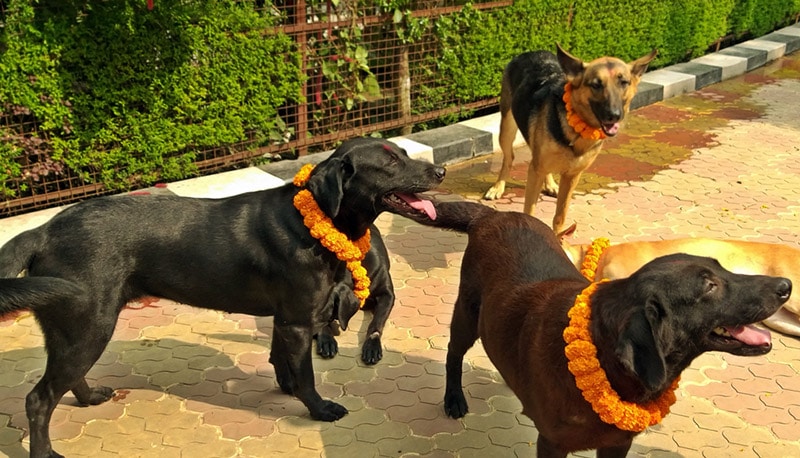
The Role of Dogs in India Today
Today, dogs in India are primarily kept for companionship. They are favorites as pets for their loyalty and affection. Utilizing dogs as therapy animals has also been increasingly popular in hospitals and care facilities, providing emotional support to reduce strength and anxiety for patients.
Dogs are also used extensively in police and military tasks in India because of their reliability and trainability. These tasks include bomb detection, search and rescue, and even tracking tasks for criminal investigations.
Indian Dog Breeds
With the high regard and reverence for dogs in Indian culture, there are numerous dog breeds native to India. These breeds include:
- Indian Pariah
- Gull Terrier
- Gull Dong
- Kumaon Mastiff
- Mudhol Hound
- Sinhala Hound
- Vikhan Sheepdog
- Mahratta Greyhound
- Rampur Greyhound
- Chippiparai
- Kombai
- Takngkhul Hui
- Bakharwal Dog
- Indian Spitz
- Gaddi Kutta
- Bully Kutta
- Kaikadi
- Taji
- Rajapalayam
- Pandikona
- Jonangi

Final Thoughts
Dogs play a significant role in Indian culture and history. With a heavy influence from Hinduism and other major religions, dogs are seen as symbols of loyalty and devotion. They also serve as a model as to how humans should exhibit their loyalty toward their gods. With the depiction of dogs in Hindu mythology and their heavy association with the gods, dogs themselves are also often seen as manifestations of divine beings.
Today, India still holds dogs in high regard for their loyalty and affection. Just like other regions of the world, many people in India keep dogs for their reliable companionship.
Featured Image Credit: Im_rohitbhakar, Shutterstock
